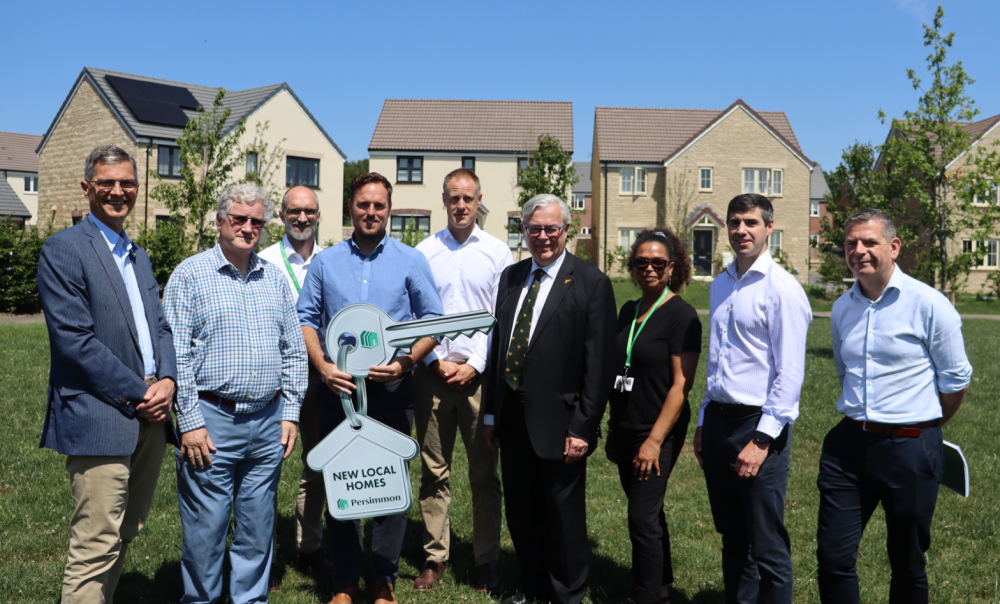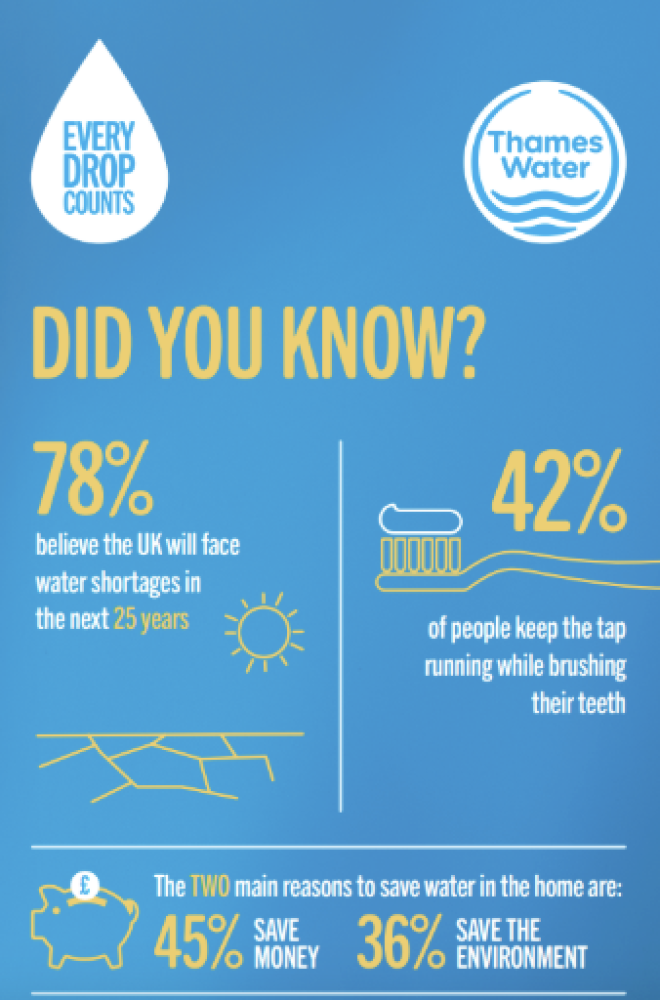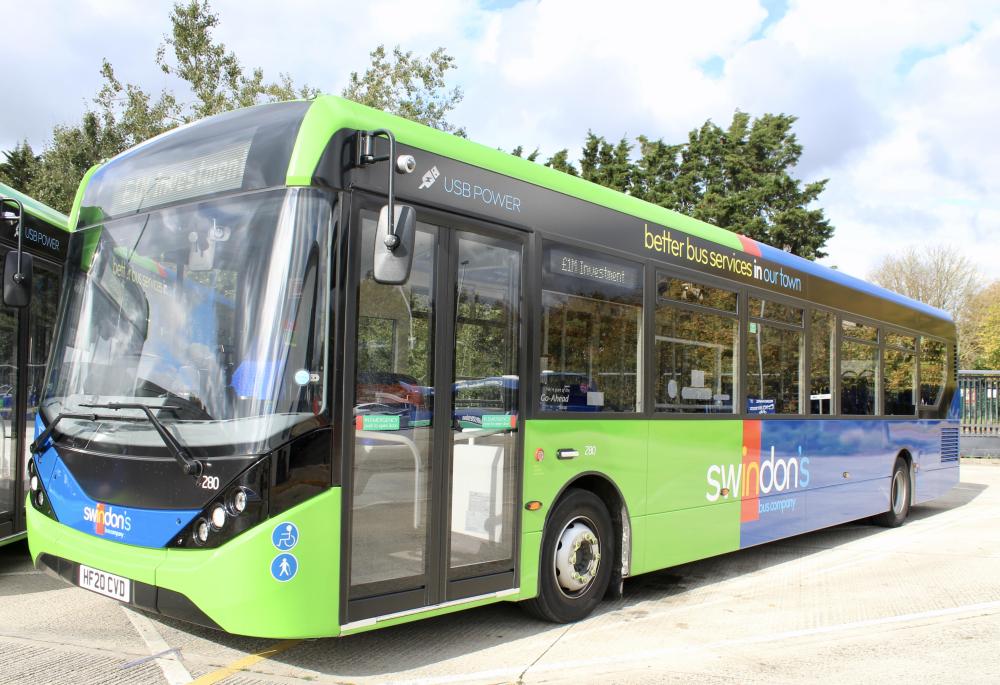The online casino in the UK is enormously popular. There are hundreds of sites that UK players can access to play every kind of game imaginable. Whether they are into poker, slots, traditional table games, roulette, dice or bingo, there is something for everyone on the internet. How did it become so popular, and what makes the success so uniquely 'British"?
Leading the way in regulation
The UK is regarded as a world leader in regulated gambling. It is almost twenty years since the Gambling Act of 2005 led to the liberalisation of the gambling market and paved the way for the explosion in gambling opportunities most Brits can now access. At the time, online gambling was still very niche. Internet access was patchy, and mobile phones were only for comms and possibly playing Snake – a game built into Nokia's 'state of the art' handsets.
Admittedly, by the time the Gambling Act came into force, Apple was deep into developing a new generation of personal entertainment devices, but gaming, music and communications were still separate. Internet and mobile connectivity were still rather hit-and-miss, and it was hard to imagine that within a few years, people would have the ability to carry around a casino in their own pockets. Although the new Labour government have announced their first budget, there’s still no definitive word on if they plan to alter the 2005 act.
Bringing in tax revenue and protecting player
So, most of the original legislation was about liberating retail betting and opening up physical locations. Gambling, wagering and casino games came into the spotlight. Rather than shady high street bookies with blanked-out windows or glamorous resort-style casinos, gambling became normalised and spoken about openly. Everyone had always done it. The legislation aimed to ensure that gambling operators were reputable, that people had somewhere to turn to if things went wrong and that tax revenues could be collected from this popular activity.
The Gambling Commission was established to oversee the provisions of the Act and prevent gambling from being a source of crime or disorder, associated with crime or being used to support crime. The aim was to ensure that gambling was conducted in an open and fair way while children and vulnerable people were protected from being exploited or harmed by gambling.
A very different gambling market
Unlike in the US, the UK has not developed many mega land-based casino complexes. What happened in the UK was that high streets saw many more 'gambling shops' open their doors where people could place a bet on sports or play on physical slot machines. In the US,massively integrated casino resorts have relatively few table games, but most of the casino floor is dedicated to slot machines. The slot machines' revenue drives the economic casino model. UK residents, on the other hand, find their mega-casinos online.
The UK government tried to argue that having betting shops on the high street would drive footfall and help revive the fortunes of run-down town centres. What very few people saw coming, however, was that Britain would fall in love with online gambling. Many people who would never have set foot inside a gambling shop discovered online gambling, and this year, the UK was second only to the US for online gambling spend.
Participation rose significantly during and post-pandemic. The surge has been attributed to the allure of tax-free winnings, affordability and convenience. Just as many casual online gamblers would not have visited a high street betting store, many had never been to a land-based casino either.
Online gambling suits the British mindset
Online gambling seems to attract an entirely different audience. According to Statistica, the projected revenue from UK online gambling is over £11 billion for 2024. Almost 28% of Brits say that they have gambled online, and gambling revenues are growing at around 7% this year. Because it is a regulated industry, a proportion of the income is returned to government coffers and online gambling is an important source of funding for the UK government. However, you look at it Britain leads the world in online gambling. There seems to be something about it which is particularly attractive to the British psyche.
It seems that the British enjoy the convenience of gambling in their chosen location rather than going to a specific place to play their favourite games. To ensure people have as much information and choice as possible, a site like Casino.org ranks online casinos according to a comprehensive list of criteria, allowing players to find what is best for them. Many people who play online have never stepped foot on the floor of an actual casino, so having guidance from experts is really useful.
A global force
The economic strength of the online gambling market is not only about the revenue generated through gambling stakes. British entrepreneurs, software developers and game designers are also integral to the success of the industry sector in the UK and around the globe.
Paying her taxes
One of the biggest names in online gambling is Bet365, and its founder, Denise Coates, is reportedly the UK's wealthiest woman. Here, fortune is estimated to be £6.2billion. Unlike many of the country's richest people, she is also listed as among the UK's biggest taxpayers. She and her family are estimated to have paid £460.2 million in UK taxes last year. She set up the company in a portacabin in a car park in Stoke-on-Trent and now employs 7,000 people globally. Bet365 also donated £100million to the Denise Coates Foundation. All of this economic activity is from just one UK company.
While UK land-based casinos have never had the same allure as their American counterparts, they have still been an important element in the UK gambling mix.
Vertical integration to build success
One of the biggest names is Grosvenor Casinos, established in the 1970s. The group operates over 50 UK venues and employs 6,300 people. As with so many operators in this sector, success has come about through embracing rather than fighting change. It launched its first online casino in 2007. It attributes its success and popularity to this vertical integration, and in 2013, it became the UK's largest casino operator. It is credited with having the country'shighest number of dedicated poker rooms and is widely accepted as the leading authority in this field.
As with so many retail success stories, the key to success has been to work with technology. There can be no doubt that when it comes to gambling, the businesses that have adapted are those that have thrived.







